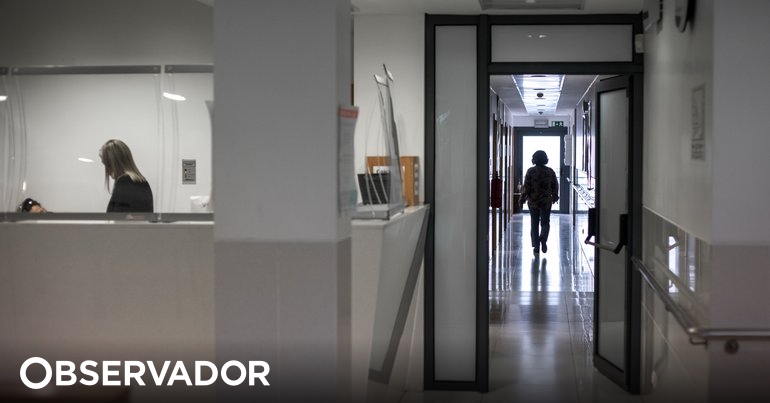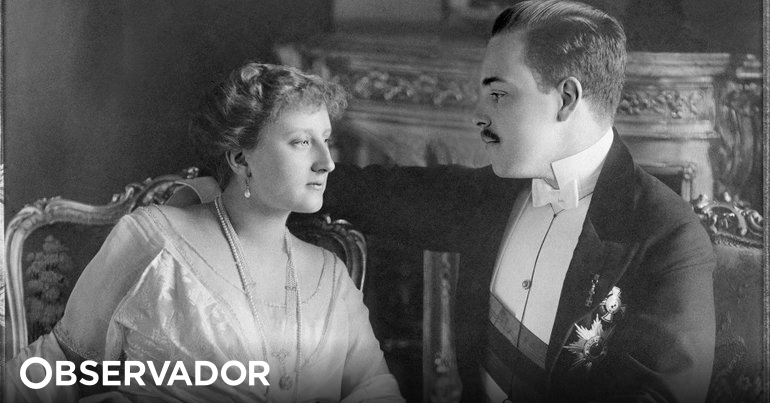The National Federation of Mentally Ill Rehabilitation Entities (FNERDM) on Saturday launched a petition addressed to the government to draw attention to concerns regarding community integration pathways and deinstitutionalization processes for these patients.
The document was launched within the “Outdoors for Mental Health” initiative that the Federation will hold on Saturday at the Jorge Luis Borges Jardim, in Arco do Sego, in Lisbon, within the framework of the celebrations of World Mental Health Day (10 October), which aims to generate “A movement to raise awareness and emphasize the rights of people with mental illness Participation and integration into society, and combating stigma, discrimination and social exclusion.”
Speaking to Lusa, FNERDM President Fatima Montero said the petition will be delivered on World Mental Health Day to the Ministries of Health, Labour, Solidarity and Social Security, and intends to give voice to a range of concerns, shared by users, their families and mental health NGOs.
Fatima Montero added that the document will focus on the associations’ “questions and concerns” related to “the intervention and development of the organizations themselves in responding to the needs of people with mental illnesses.”
FNERDM, whose federal institutions support 800 young people and adults in need of mental health care and their families, has made “many appeals” to central bodies, but the institutions still face “serious challenges” and longs for “a clear vision on recognizing the role of health NGOs.” Mental health in the panorama of community mental health policy in Portugal.
This year’s World Mental Health Day celebrates “mental health as a universal human right,” and the Federation advocates that “the human rights of people with mental illness must be actively promoted.” By removing all persons with mental illness from institutions and by integrating them socially and socially“.
To achieve this end, they must be created and provided Support and measures He defended the necessity of their implementation in the context of society, calling for a “clear and unequivocal recognition of the role” of these NGOs that, since the 1980s, have created supportive responses for patients and their families, within the scope of psychosocial and community rehabilitation. Inclusion, with housing, vocational, training and employment responses.
At a critical moment like ours, we fear that funding the Mental Health Recovery and Resilience Agenda will overlook the investment and development needs of 30 years of consolidated work in implementing programs and responses related to the professional scope of housing for people with mental illness.
In this sense, the signatories of the document indicate that they intend to find out “the direction of mental health policies that should be in Portugal within the scope of psychosocial responses, for the benefit of everyone, society, patients, their families, professionals and social institutions that have been accompanying and struggling for decades for the recognition of rights.” basic needs for the most vulnerable groups.
They also request setting a date to hold a meeting with the two ministries to explain the discovered problems and present some proposals and solutions to solve them.
“The Federation is of the view that the rights of persons with mental illness must be actively promoted and that the deinstitutionalization of all persons with mental illness must take place through social and community inclusion and, therefore, programs and supports must be created and developed,” Fátima Montero defended.

“Writer. Analyst. Avid travel maven. Devoted twitter guru. Unapologetic pop culture expert. General zombie enthusiast.”

